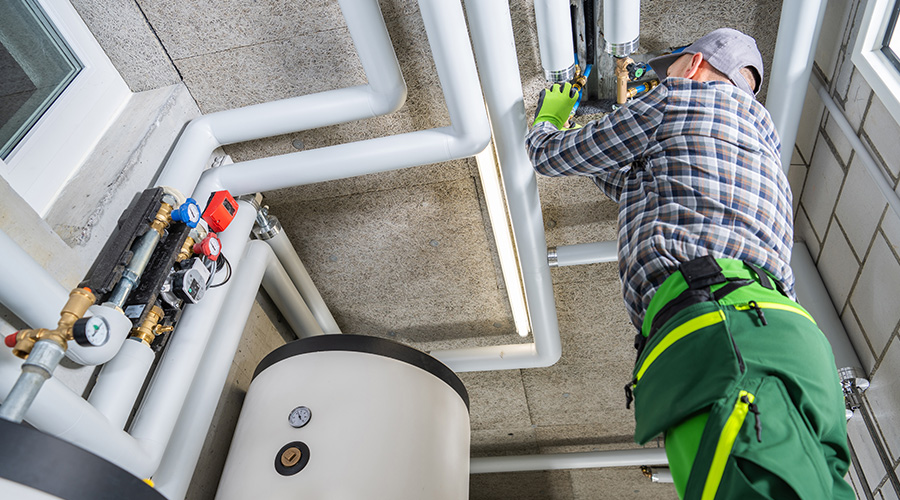DOE Awards $620 Million of Stimulus Funds for Smart Grid Research
The Department of Energy (DOE) is awarding $620 million for projects around the United States to demonstrate advanced Smart Grid technologies and integrated systems that will help build a smarter, more efficient, more resilient electrical grid.
The Department of Energy (DOE) is awarding $620 million for projects around the United States to demonstrate advanced Smart Grid technologies and integrated systems that will help build a smarter, more efficient, more resilient electrical grid.
The 32 demonstration projects, which include large-scale energy storage, smart meters, distribution and transmission system monitoring devices, and a range of other smart technologies, will act as models for deploying integrated Smart Grid systems on a broader scale.
This funding from the American Recovery and Reinvestment Act will be leveraged with $1 billion in funds from the private sector to support more than $1.6 billion in total Smart Grid projects nationally.
These efforts aim to provide data on the benefits and cost-effectiveness of the Smart Grid, including energy and cost savings. An analysis by the Electric Power Research Institute estimates that implementing Smart Grid technologies could reduce electricity use by more than 4 percent by 2030.
The demonstration projects will also help verify the technological and business viability of new smart technologies and show how fully integrated Smart Grid systems can be readily adapted and copied around the country.
The funding awards are divided into two topic areas. In the first group, 16 awards totaling $435 million will support fully integrated, regional Smart Grid demonstrations in 21 states, representing over 50 utilities and electricity organizations with a combined customer base of almost 100 million consumers.
In the second group, an additional 16 awards for a total of $185 million will help fund utility-scale energy storage projects that will enhance the reliability and efficiency of the grid, while reducing the need for new electricity plants. Improved energy storage technologies will allow for expanded integration of renewable energy resources like wind and photovoltaic systems and will improve frequency regulation and peak energy management, according to DOE. The selected projects include advanced battery systems (including flow batteries), flywheels, and compressed air energy systems.
Related Topics:











